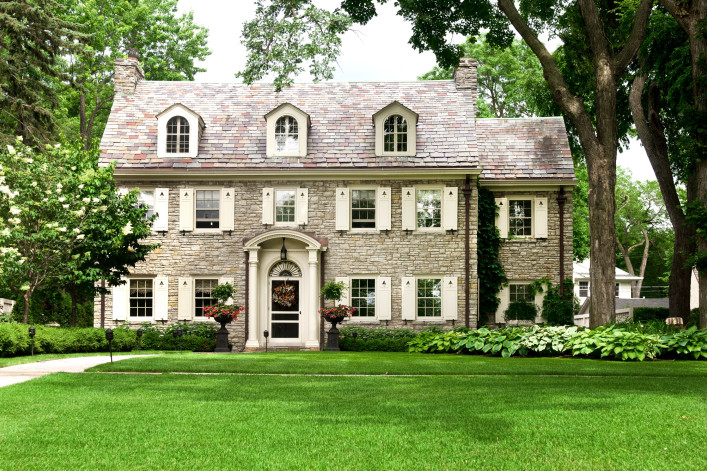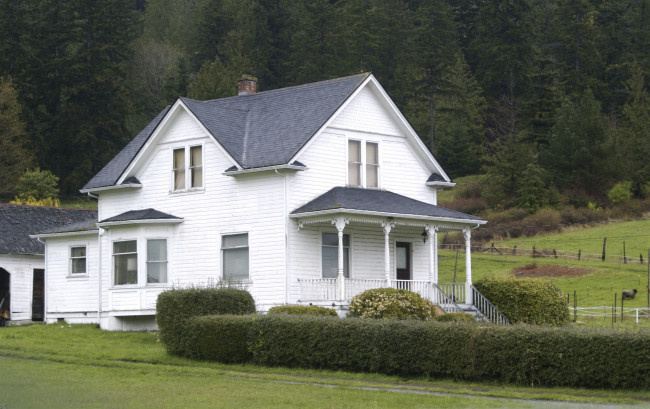Your top 4 questions about getting a mortgage for a country home—answered

Thinking about buying a second home outside the city but worried about how the financing's going to work? We've got answers to four of the most common questions:
How easy is to get a mortgage for a second home?
"As long as you can qualify to support all of your payments—including your rent if you're renting your primary home in the city—it shouldn't be any harder to get a mortgage on a second home than it is to get one for a primary home," says Brittney Baldwin of National Cooperative Bank. As is the case when you're buying a primary home, it's all about about your debt-to-income ratio, she says. (The standard debt-to-income ratio is 43 percent, meaning your financial commitments shouldn't take up more than 43 percent of your gross income.)
It can, however, be trickier to get financing on a house that isn't heated and is therefore not usable during the winter time, says Baldwin, so if you're considering a house—some properties like this are called "camps" because they're usable for some seasons but not all, and are generally more rustic—then be aware. That's because a property like that has a smaller buyer's pool and might be more difficult to unload once it came time to sell. In that case, you may have better luck with a portfolio loan, rather than a conventional loan, Baldwin says. (Note: A portfolio loan does not conform to traditional underwriting guidelines like those issued by Freddie Mac or Fannie Mae.)
Banks will sometimes resist lending in flood zones, too. "I have actually had situations where a client qualifies for their primary mortgage, but not the secondary mortgage," says Julie Teitel of EverBank. "You have to realize you're taking on more debt, and that can make it harder to qualify for the debt-to-income ratios."
For a second home, banks will also expect to see more assets in reserve. "For some loans, you have to have 12 months of payments on the property you're buying and six months for the property you already own in the city," says Teitel. Some lenders may have slightly different loan-to-value ratios when it comes to second homes, says Baldwin. And sometimes banks will require you put about 5 percent more down on a down payment—around 25 percent total.
Can you deduct your mortgage interest and property taxes?
The interest on up to $1 million of debt is tax deductible whether it's your primary or secondary home, says certified public accountant Jonathan Medows (and that can also cover boats and RVs as long as you can live on them). So, as long as your NYC mortgage and out-of-the-city mortgage don't add up to more than that, you can deduct your interest payments. If you're married and file separately, the limitation is $500,000.
Real estate taxes on primary and secondary mortgages are deductible, with no limitations. You can also deduct the interest on a home equity loan or home equity line of credit of up to $100,000 ($50,000 if married).
Is it harder for renters to get a mortgage?
It depends on your what you owe overall. For those who rent in the city, whatever you pay in rent is considered debt in the debt-to-income ratio, says Teitel.
Are interest rates higher?
Rates are higher about 50 percent of the time, says Teitel, depending on the loan. When it's higher, it's usually just about .125 percent higher, she says, which means, at the moment, for a 30-year fixed mortgage on a second home, you might be paying around 3.625 percent interest.
***This post was originally published in July 2015, and was updated in June 2016.
You Might Also Like

























